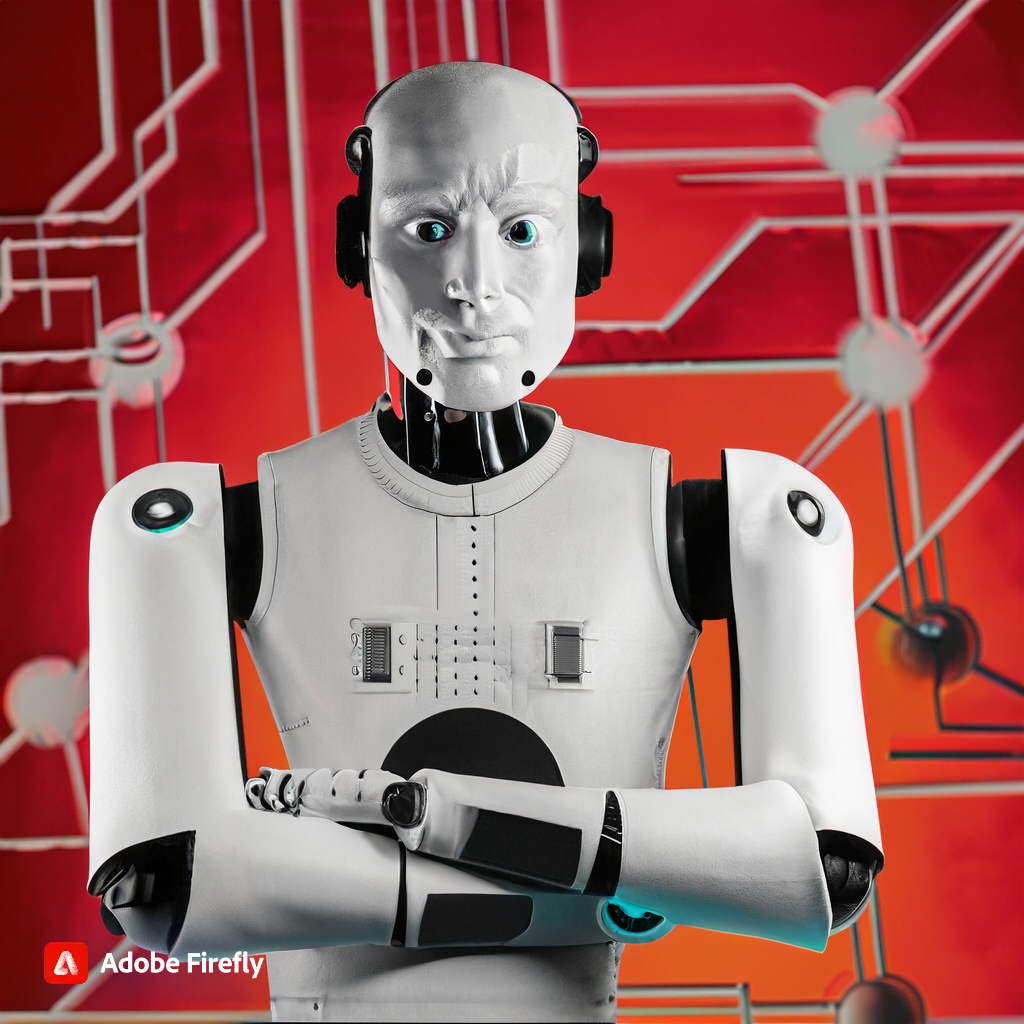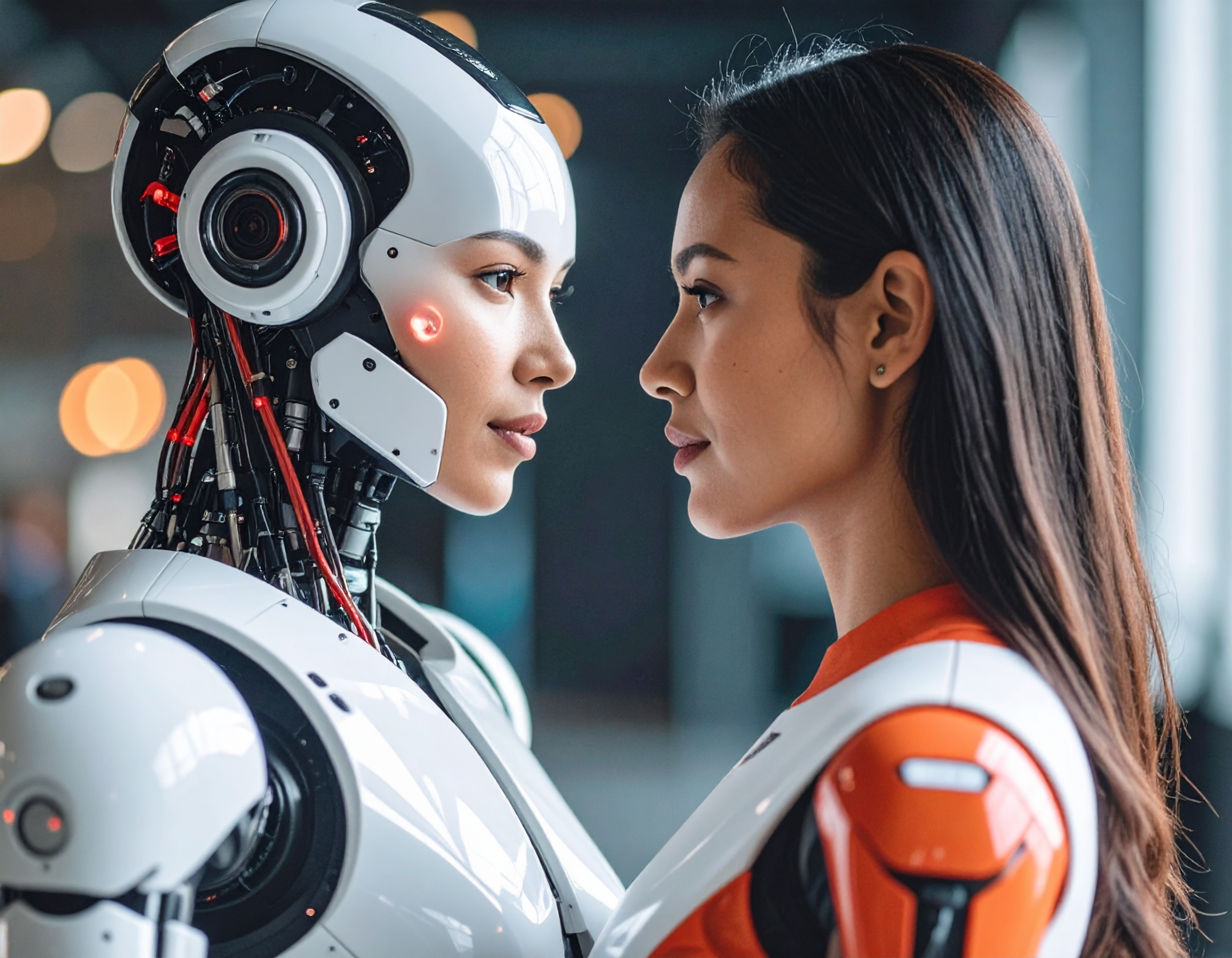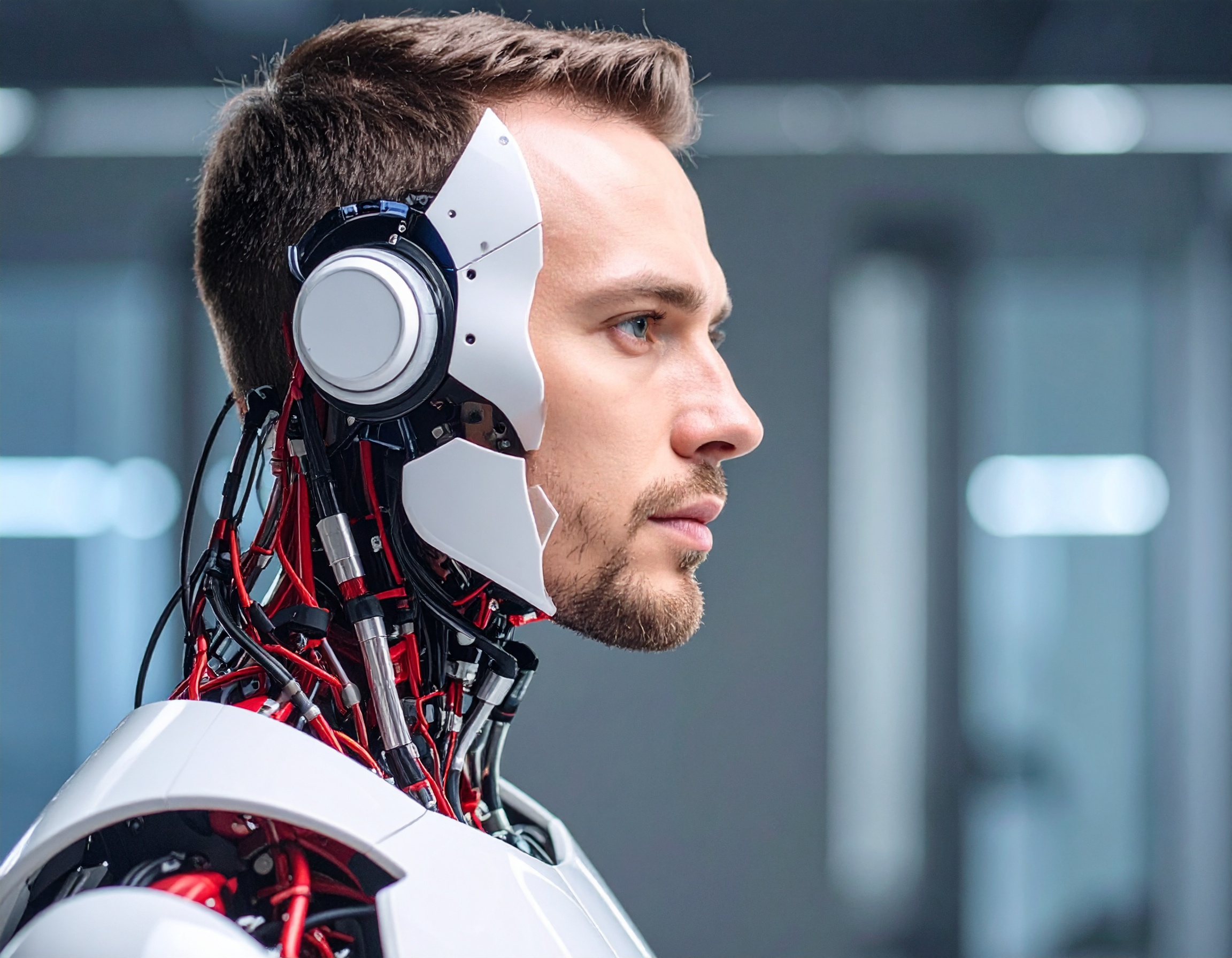Unlocking Human-Like Systematic Generalization: The Power of Meta-Learning Neural Networks

In a groundbreaking development that's set to reshape the employment landscape, non-human workers, known as "Digital Employees," are making their mark in various industries. This transformative shift towards intelligent agents joining the workforce is gaining momentum. But what exactly is happening, and why is it so crucial?
As of 2023, Intelligent Agents, often powered by advanced artificial intelligence and machine learning, are assuming roles once reserved for human workers. They're being deployed across industries like customer service, data analysis, and even healthcare. These Digital Employees can process vast amounts of data at unparalleled speeds and without fatigue, leading to enhanced efficiency and cost savings.
One notable example comes from the healthcare sector. Intelligent Agents are assisting medical professionals by sifting through complex medical records, diagnosing conditions, and recommending treatment plans. This not only speeds up the decision-making process but also reduces the risk of human error, ultimately improving patient care. Another exciting application is in customer service, where these digital employees can provide 24/7 support, answering inquiries, and addressing concerns with remarkable consistency and accuracy.
This development marks a significant turning point in the labor market. Companies are increasingly turning to Digital Employees to streamline operations, cut costs, and enhance customer experiences. However, it also raises important questions about the impact on human workers and the need for reevaluating workforce dynamics and policies. As the era of Digital Employees dawns, it's essential to strike a balance between harnessing their potential and ensuring that human workers remain at the forefront of the workforce. The implications of this shift are profound, and adapting to this new era will be a defining challenge for the job market in the coming years.
Key Highlights:
- Intelligent Agents, or Digital Employees, are transforming the workforce in various industries, a significant development reported in a recent article on Nature in 2023.
- These non-human workers, powered by advanced AI and machine learning, are being deployed in customer service, healthcare, data analysis, and more, offering unparalleled data processing speed and accuracy.
- In healthcare, they assist in diagnosing conditions, streamlining decision-making, and reducing human error, ultimately enhancing patient care.
- Digital Employees are also making a mark in customer service, providing 24/7 support and maintaining consistency and accuracy in addressing customer inquiries.
- This shift in the labor market towards Digital Employees raises questions about the impact on human workers and necessitates a reevaluation of workforce dynamics and policies. Striking a balance between harnessing their potential and preserving human jobs is a defining challenge for the job market in the coming years.
References: [1].


